
Hawaiʻi coalition calls for tax fairness for local needs
As Hawaiʻi struggles to meet growing needs in housing, education, health care and climate resilience, a broad coalition of community groups, labor unions and nonprofit advocates is pushing lawmakers to confront a long-standing question: how to pay for it.

Hawaiʻi to restrict soda purchases under SNAP in 2026; local groups oppose
Instead, increasing incentives for fruits and vegetables does a better job of promoting healthy eating and reducing purchases of sugar-sweetened beverages among SNAP participants.
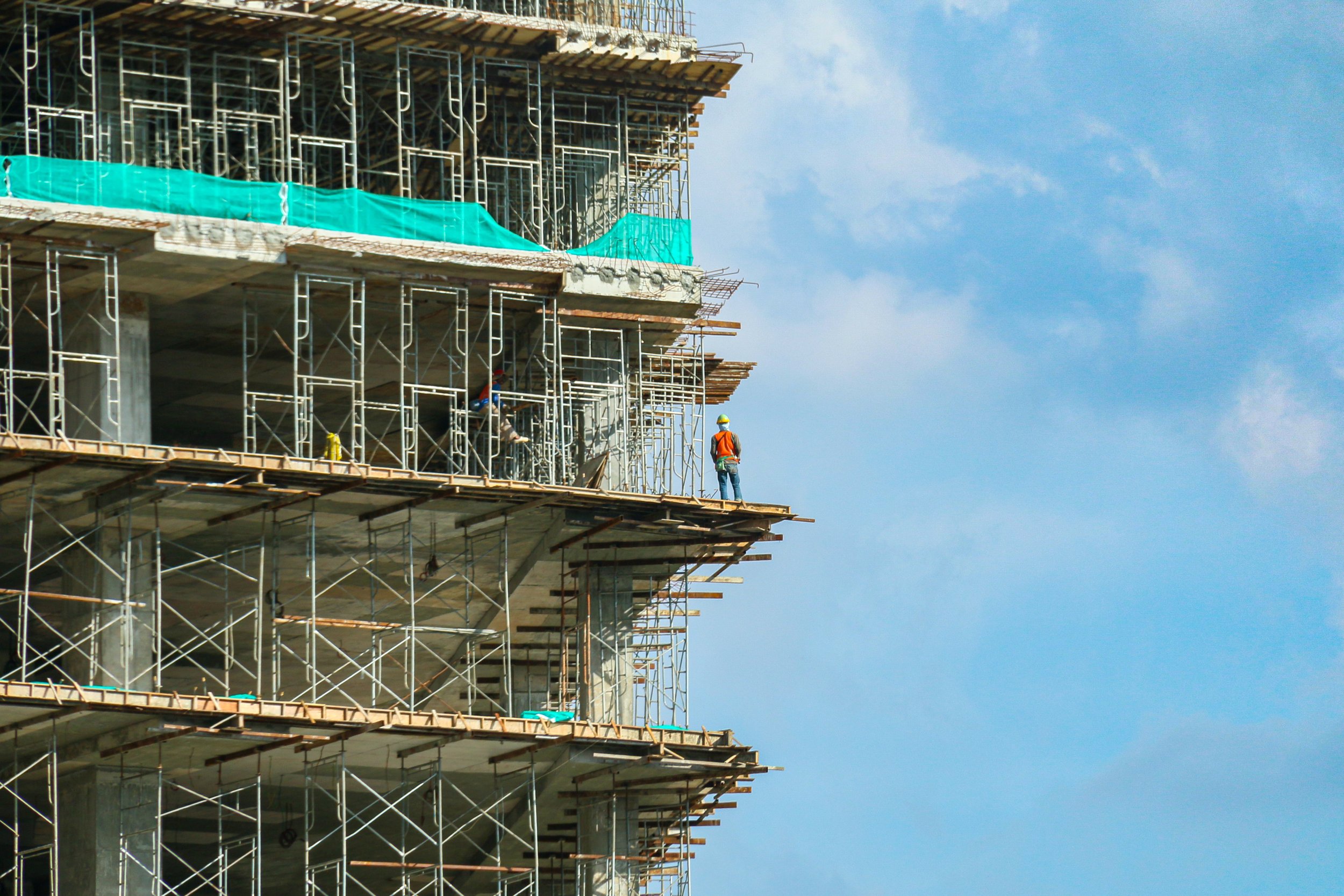
Leasehold condo plan could work
The idea, branded as ALOHA Homes (Affordable Locally Owned Homes for All), is to build and sell the leasehold condos at no long-term cost to Hawaiʻi taxpayers.

State-backed leasehold condo pilot pending
Senate Bill 865 would establish a pilot program to develop one condo project for sale on state land under a 99-year land lease in an effort to demonstrate whether the concept is a viable solution to increase the long-term supply of affordable housing.

Maui looks to crack down on companies selling shares of second homes
A County Council measure would expand the definition of timeshare to include stays of up to 180 days to try to limit multiple owners from buying into vacation homes.

Report: State law successfully limited evictions during COVID-19 pandemic
A state-mandated free mediation program was a resounding success in preventing evictions during the COVID-19 pandemic, according to a report.

Report: Mandatory mediation saved hundreds of tenants from eviction
While the Act 57 program ended in August 2022, Hawaiʻi Appleseed will be advocating for a permanent rental relief program that includes mediation to stabilize affordable housing.

Off the News: Keeping renters in their homes
Act 57 diverted as many as 1,201 eviction cases in 2021, benefiting tenants and landlords, according to a Hawaiʻi Appleseed Center for Law & Economic Justice study.

Planning averts spike in COVID-era homelessness in Hawaiʻi
Hawaiʻi Appleseed last week released the results of a study showing “a pre-litigation mediation program” known as Act 57 helped renters and landlords and reduced both court costs and a strain on the Judicial system.

Eviction mediation study: KITV4 talks with Kenna StormoGipson with Hawaiʻi Appleseed Center for Law and Economic Justice
Local nonprofit Hawaiʻi Appleseed Center for Law & Economic Justice just released the results of its study that look at whether Hawaiʻi’s Act 57 mediation program worked.

This is how the candidates for Maui mayor want to tackle the housing crisis
Both say the lack of housing for residents is the county’s top problem, but they’re proposing very different solutions.
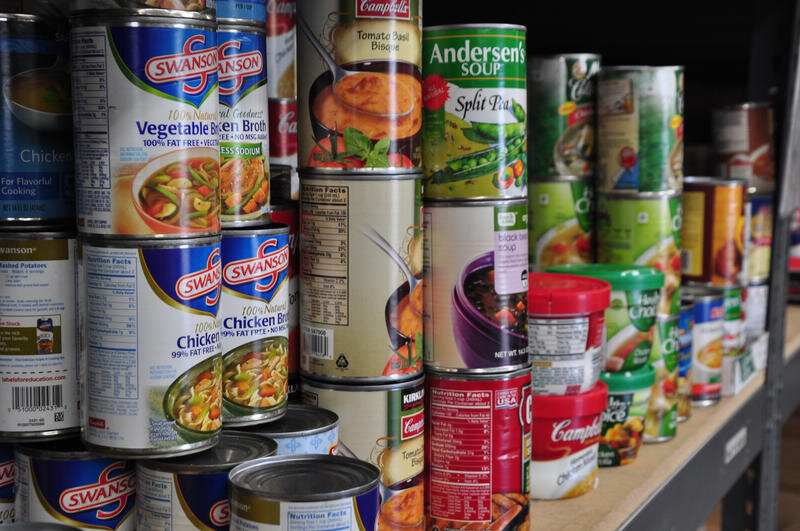
‘People are really struggling:’ Hawaiʻi food banks scramble to meet increased demand
Rising food costs and the end of pandemic-era assistance programs are driving a spike in demand for food assistance.
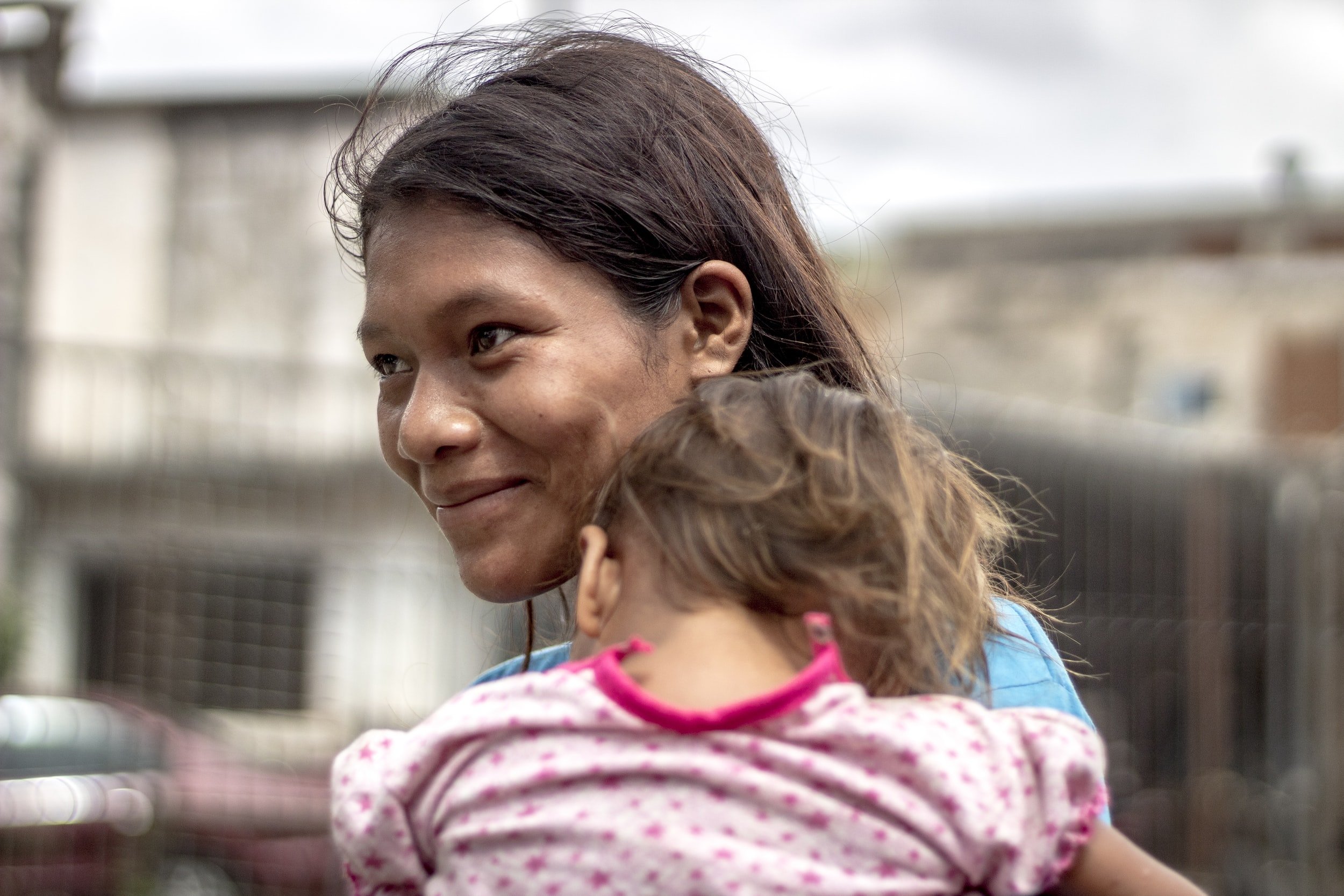
It’s gotten both worse and better for struggling working families
The good news is that 17 Hawaiʻi nonprofits are helping working families become more financially stable, find affordable housing, and get involved in policy.
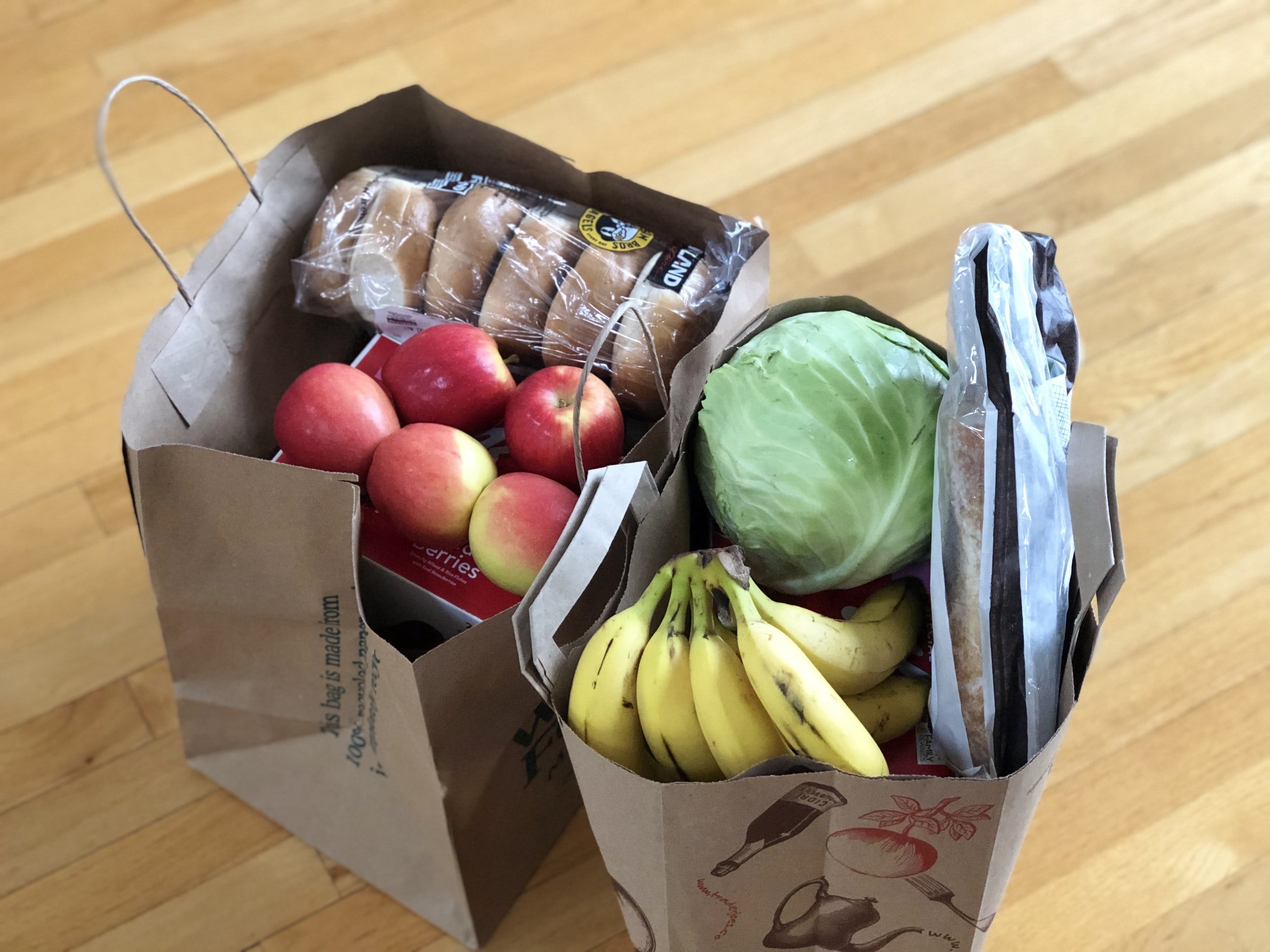
As prices soar, top Democratic candidates for governor support relief from tax on groceries
Hawaiʻi Appleseed said a tax revenue boost must be paired with the tax cut to ensure key services aren’t cut. The organization suggested raising the capital gains tax or increasing tax on the wealthiest earners.

Tap more child nutrition, school-lunch subsidies for isle keiki
The “Feed Our Keiki” report finds that the federal school meal reimbursement rates for Hawaiʻi currently should be 62% higher than other states, but it has been stuck at only 17% higher since 1979.
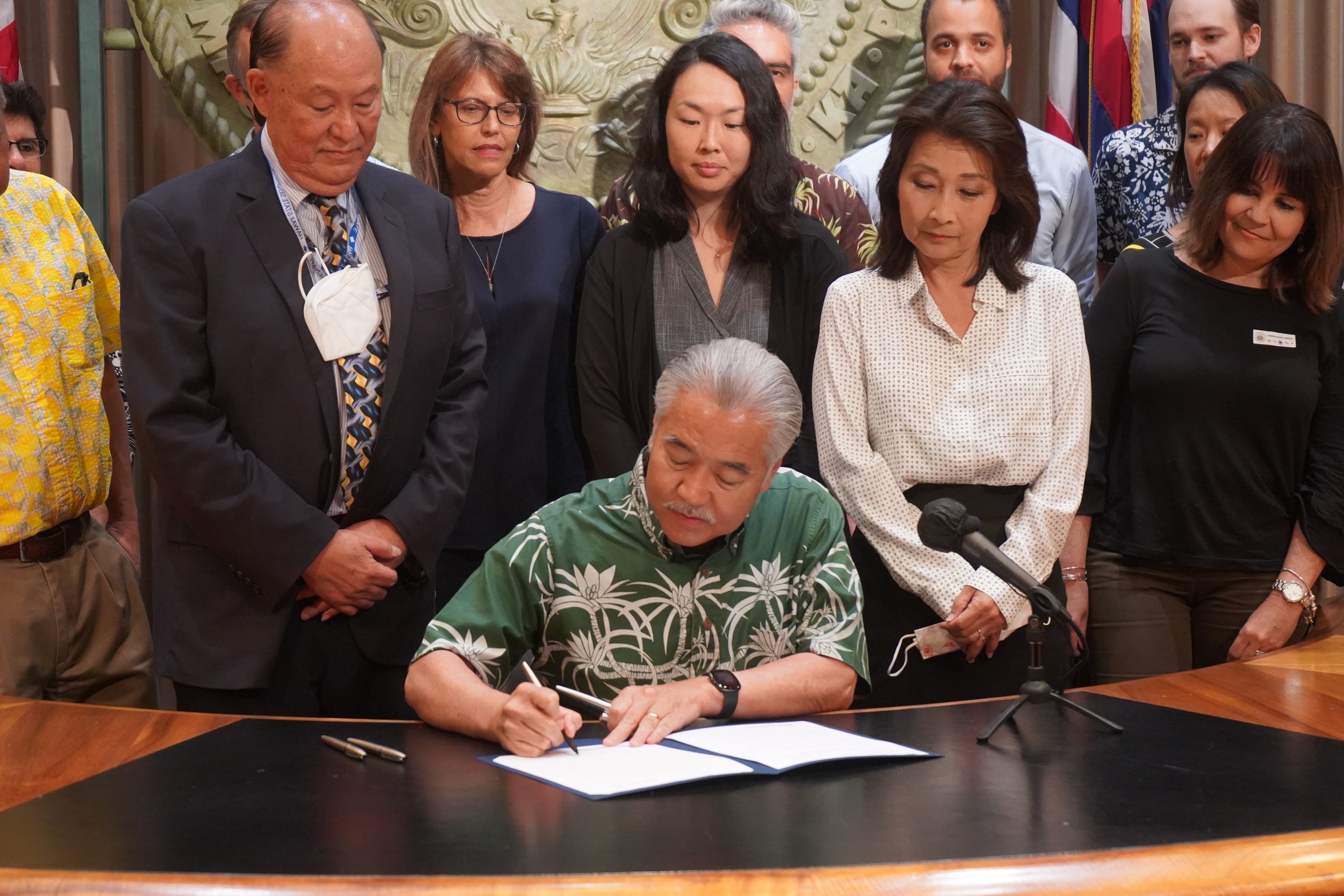
Ige signs $18 minimum wage increase, tax refund
“This historic legislation represents a significant and meaningful step toward transforming our economy so that it works for everyone,” said Hawai‘i Appleseed Executive Director Gavin Thornton. “But much more remains to be done.”
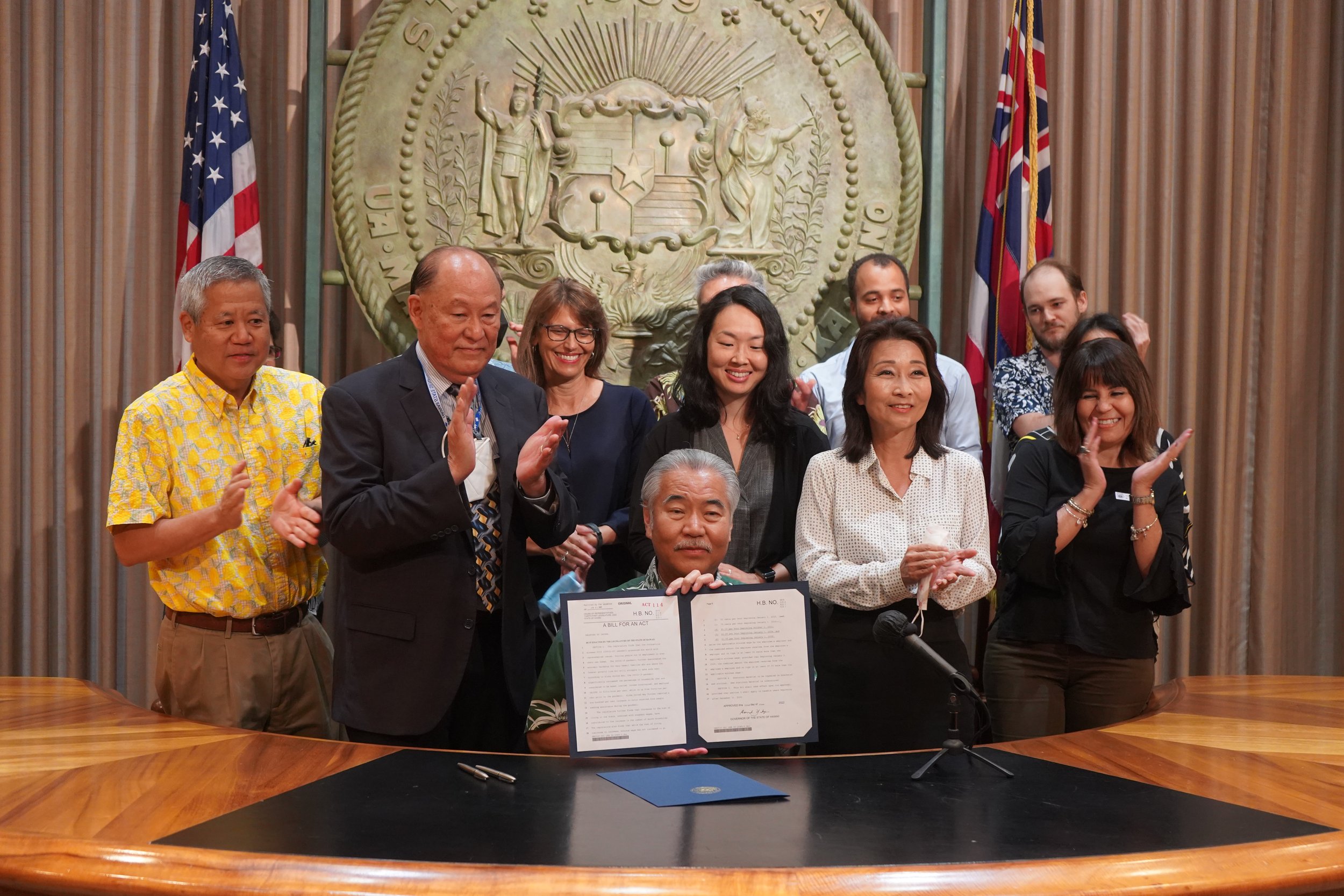
Ige signs minimum wage increase, tax rebate bills
Gov. David Ige, on Wednesday during a ceremony at the state Capitol in Honolulu, signed two bills that will help Hawaiʻi’s working individuals and families.

Hawaiʻi’s federal child nutrition funding is outdated and insufficient, report finds
Federal reimbursement rates for child nutrition programs in Hawaiʻi do not currently reflect the high cost of living, a new report found.

A pandemic program that fed schoolchildren last summer is now in jeopardy
The USDA is in the middle of examining its reimbursement rates for school meals in Hawaiʻi, but its findings aren’t expected to be released for a few more years.
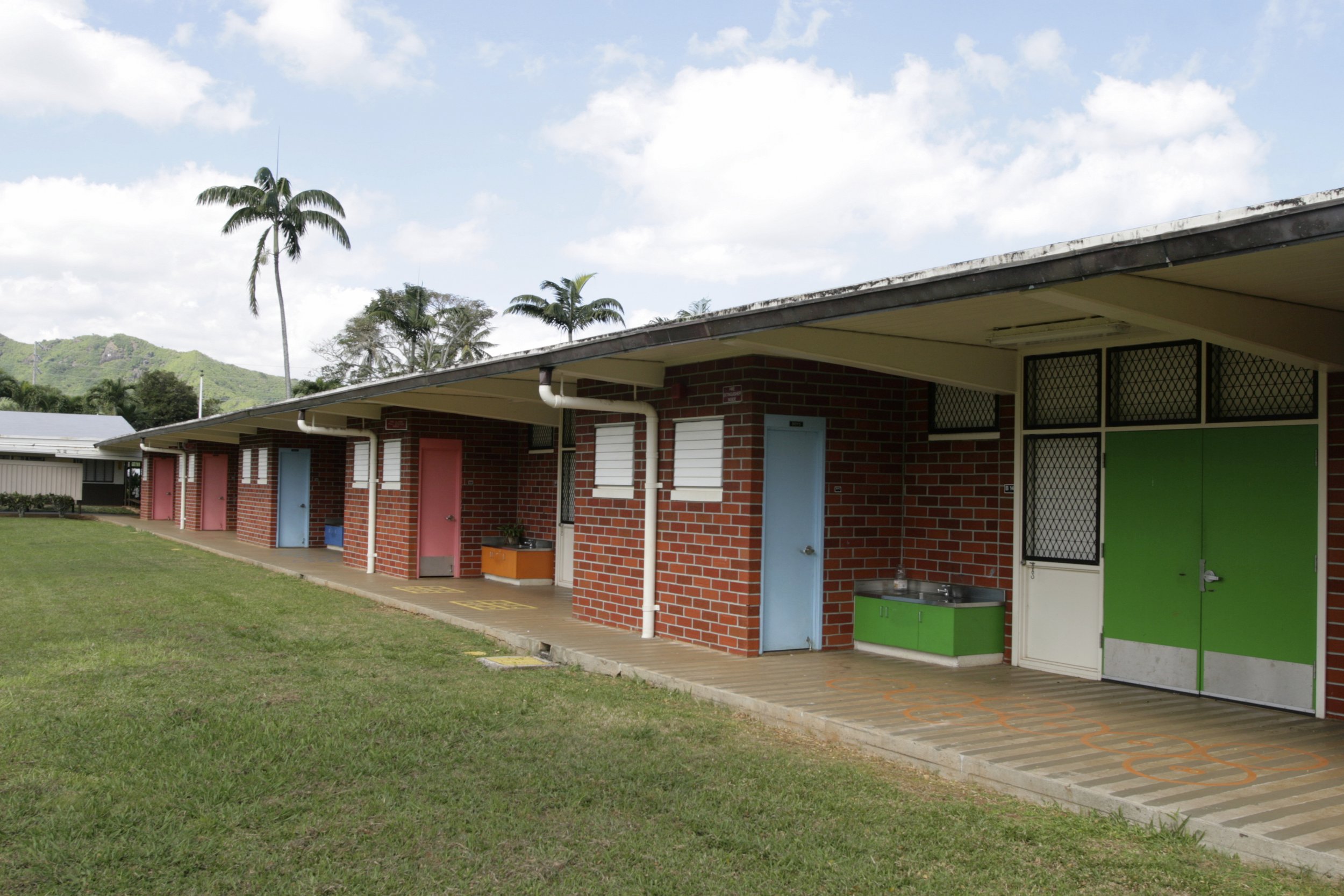
Hawaiʻi’s keiki nutrition programs facing financial crisis
The state is missing out on tens of millions of federal dollars each year to provide meals for needy children.
